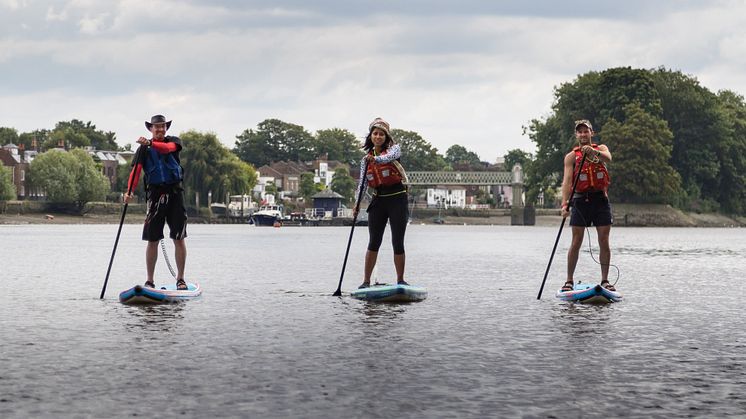Antarctic ice walls protect against rising sea levels
A vital role that floating Antarctic ice shelves play in preventing catastrophic sea level rises has been proven for the first time in a new study, published in the scientific journal Nature.
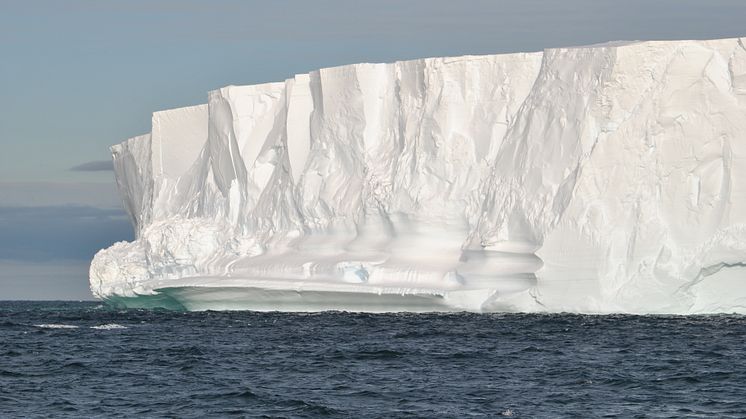
A vital role that floating Antarctic ice shelves play in preventing catastrophic sea level rises has been proven for the first time in a new study, published in the scientific journal Nature.

A mechanical engineer from Northumbria University has won a prestigious award after developing an innovative process to turn sea water into clean, safe drinking water, using solar energy.

Researchers have produced the first physics-based quantifiable evidence that thinning ice shelves in Antarctica are causing more ice to flow from the land into the ocean. Their findings have been published in Geophysical Research Letters.

A Northumbria University researcher is one of almost 100 scientists and support staff who have travelled to Antarctica this week (15 November 2019) for the most ambitious mission to date for Thwaites Glacier in West Antarctica.
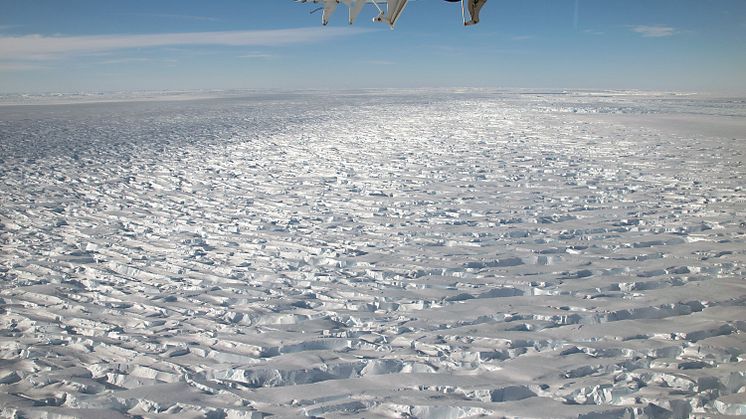
A major £4 million EU-funded study to investigate how changes in Antarctica’s ice sheets and shelves may lead to a large and irreversible rise in global sea level over the coming decades is about to begin. Experts from the UK, Norway, Germany and France will work together to investigate the likelihood of abrupt changes in the movement of ice in the Antarctic region over the next 100 years.
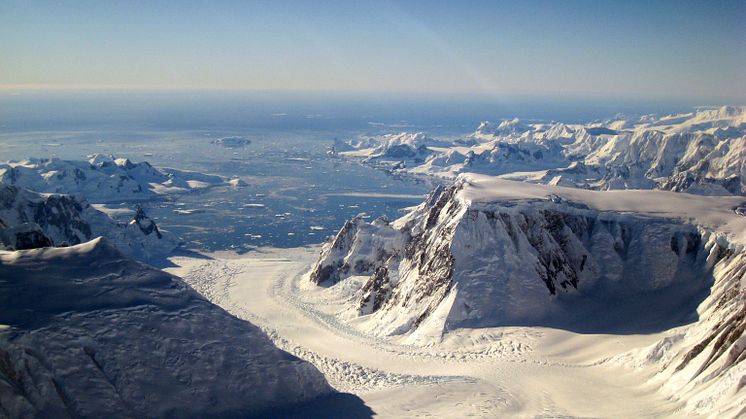
The international news channel Bloomberg is broadcasting stunning footage of Antarctica’s landscape captured by a Northumbria University academic who was undertaking research on the continent.

Glaciology experts have issued evidence that a large section of the Brunt Ice Shelf in Antarctica, which is home to the British Antarctic Survey’s Halley Research Station, is about break off.
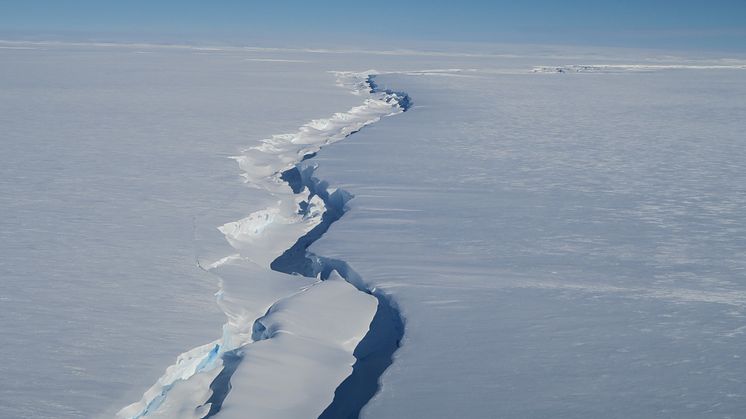
A design expert from Northumbria University, Newcastle raising awareness of the impact single use plastic is having on the world’s oceans by helping to create a boat made entirely from rubbish collected from African beaches – including 30,000 flipflops.

Northumbria's research on Antarctica’s Thwaites Glacier celebrated for its contribution to understanding the impact of climate change on global sea levels.

Rising global sea levels may actually be beneficial to the long-term future of coral reef islands, such as the Maldives, according to new research published in Geophysical Research Letters.
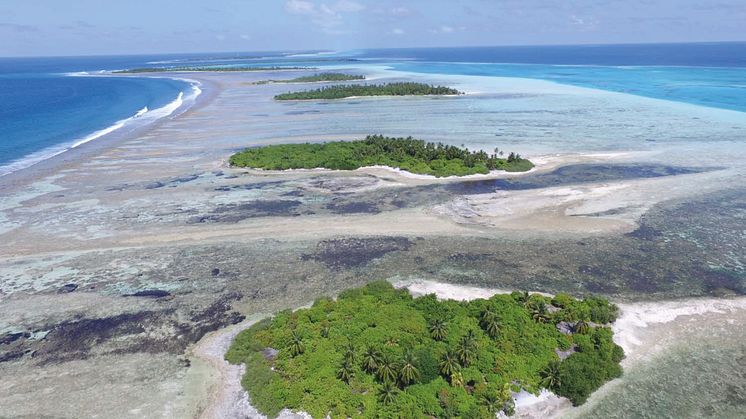
A team of world-leading Polar experts have been trialling a new tool developed by researchers from Northumbria University, Newcastle, that will better predict how ice sheets will evolve over time.
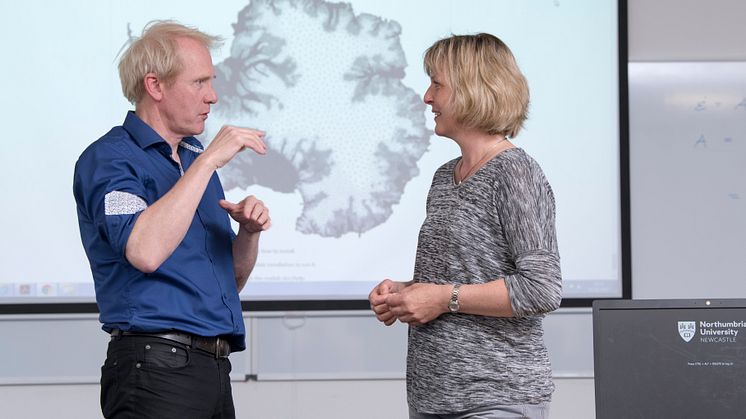
A major investigation into the impact of thawing permafrost and the subsequent release of frozen carbon on coastlines in the Siberian Arctic has been announced today (Tuesday 3 July).
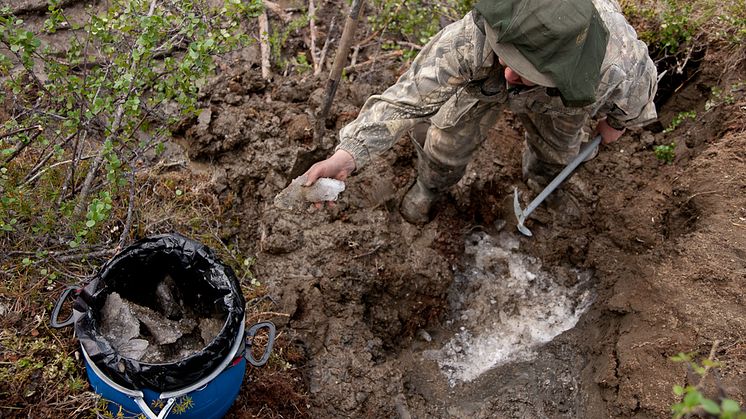
With tens of thousands of salmon currently preparing to lay their eggs in the upper stretches of the River Tyne, a new project hopes to bring their incredible journey to life.
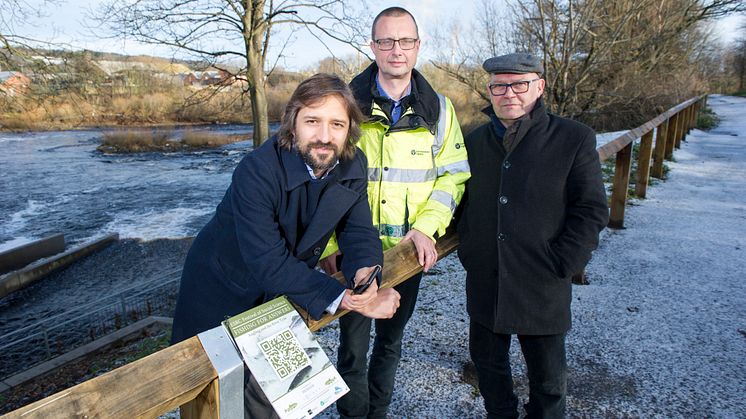
International Development academic Dr Oliver Hensengerth has been shortlisted for the 2017 Newton Prize for his study of flood management in Vietnam.

A Northumbria graduate has become one of the first people to paddle board the entire length of the River Ganges as part of an expedition designed to raise awareness of pollution.

A globetrotting Northumbria University graduate is about to set off on one of his most arduous expeditions yet, paddling almost 1,600 miles down the Ganges river.
